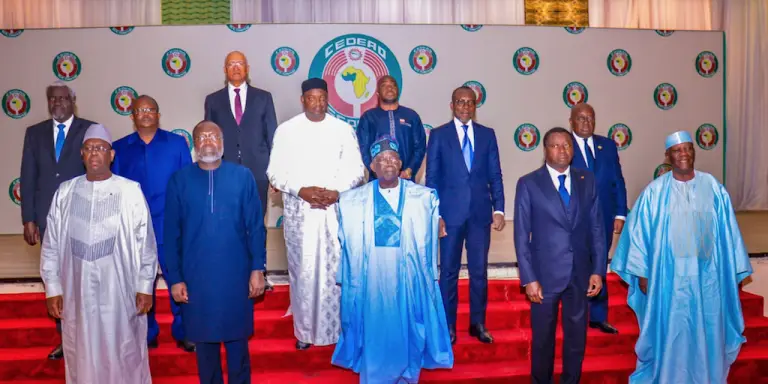The Economic Community of West African States Commission has disclosed that it has planned to invest $380m in electrifying public schools and health centres across 18 countries, including Nigeria, Benin, Chad, and other nations in West Africa and the Sahel region.
It was determined that the project would help in addressing the issue of lack of electricity access, which, according to reports, has affected 208 million people in the region, especially those living in rural communities.
While speaking at the stakeholder forum in Abuja on Thursday, the Senior Adviser on the Regional Off-Grid Electricity Access Project at the ECOWAS Commission, El hadji Sylla, explained that the project t was funded by the World Bank, the Clean Technology Fund, and the Dutch government.
Sylla noted that the project aims to increase electricity access in rural areas by focusing on off-grid solutions for essential public services.
The Senior Adviser on the Regional Off-Grid Electricity Access Project at the ECOWAS Commission noted that the project would begin in Nigeria and the Benin Republic and cover 15 countries in the ECOWAS region and four countries in the Sahel region.
According to Sylla, the project would be concluded in five years across all the countries that would benefit from it. The project, which will begin in Nigeria and the Benin Republic, is expected to be concluded in 18 months. It was also noted that the project was targeting schools and health centres to improve service delivery.
The Minister of Power, Adebayo Adelabu, noted that grants and subsidies accessed by the country have helped the rural electrification efforts which has improved the lives of the people in rural areas.
The Minister of Power, Adebayo Adelabu, highlighted that Nigeria’s rural electrification efforts have significantly improved through grants and subsidies.
Adelabu, who was represented by Engr. Bem Ayangeaor expressed positiveness that public support will increasingly attract private-sector investment to the sector.
He noted he was in no doubt that the project will improve the rural electrification space in Nigeria, He also thanked the grants and s subsidies that have improved the state of rural electrification in the country, he noted that it has grown significantly and will soon reach a stage where public support leverages private sector financing at higher efficiencies than it is presently done.
The misner noted that the country was at level were the private sector would be more excited to invest in the electrification space because of the benefits to be gained.
The Director of Technology and Science Education at the Federal Ministry of Education, Muyibat Olodo, noted that electric was pivotal to the development of modern education across the globe, according to the director it was more important for institutions that are focused on technological development.
It also explained that access to power is not a luxury in Nigeria, stressing that for public institutions, it is difficult to have power.




